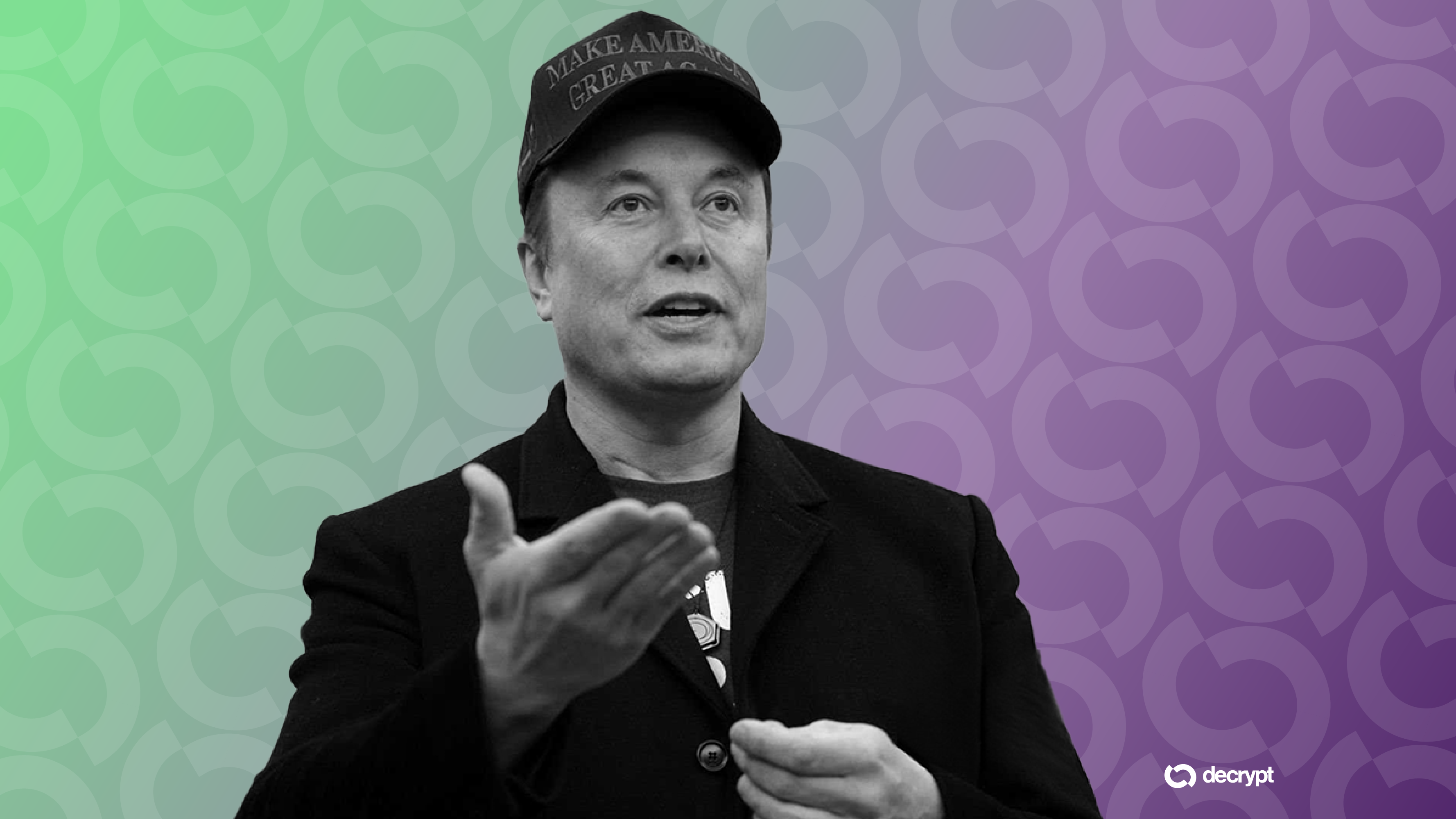
Elon Musk's XChat Adopts Bitcoin-Style Encryption as Crypto Tech Goes Mainstream
The intersection of cryptocurrency and mainstream technology continues to evolve, with Elon Musk’s X (formerly Twitter) making headlines for integrating Bitcoin-style encryption into its new XChat messaging feature. This move signals a broader trend of blockchain-inspired security enhancements in consumer tech, even as global financial systems shift toward de-dollarization and digital assets gain traction.
From Silk Road’s Ross Ulbricht receiving a massive BTC donation to Pakistan’s chaotic Bitcoin reserve announcement, the crypto world is buzzing with developments. Meanwhile, Ethereum and Solana investors remain bullish despite regulatory uncertainty, and altcoins show signs of heating up.
Here’s a deep dive into how XChat’s encryption breakthrough fits into the larger narrative of crypto adoption—and what it means for privacy, security, and financial sovereignty.
Bitcoin-Style Encryption: What Does It Mean for XChat?
Elon Musk recently announced that XChat, the revamped direct messaging (DM) system on X, will incorporate "Bitcoin-style" encryption. While the exact technical details remain unclear, experts speculate this could involve:
- End-to-end encryption (E2E) similar to Bitcoin’s secure transaction model.
- Decentralized key management, preventing even X from accessing private messages.
- Immutable message hashing, ensuring tamper-proof communication.
This move aligns with Musk’s long-standing advocacy for free speech and privacy. If implemented effectively, XChat could set a new standard for secure messaging—rivaling platforms like Signal and Telegram.
However, some crypto analysts question whether Musk’s description is more marketing than substance. Bitcoin itself doesn’t encrypt data but relies on cryptographic signatures for security. True "Bitcoin-style" encryption might involve:
- Public-private key pairs (like Bitcoin wallets).
- Non-custodial control, where users hold their own keys.
- On-chain verification, though this seems unlikely for a messaging app.
Regardless of the specifics, Musk’s push for stronger encryption reflects growing demand for privacy in an era of increasing surveillance.
Why Crypto Security Is Going Mainstream
XChat isn’t the only platform borrowing from blockchain’s security playbook. Meta (formerly Facebook) is developing AI-powered mixed-reality headsets for the U.S. military, while Wintermute has introduced tools to detect Ethereum wallet-draining scams. These developments highlight how crypto-inspired security models are permeating traditional tech sectors.
Key Drivers Behind the Trend:
- Rising Cyber Threats – High-profile hacks and data breaches push companies toward stronger encryption.
- Regulatory Pressure – Governments demand better user protection, prompting firms to adopt decentralized security measures.
- Consumer Demand – Users increasingly prioritize privacy, favoring platforms with robust encryption.
As financial systems also shift toward decentralization (see ASEAN’s de-dollarization efforts), the fusion of crypto-grade security with everyday tech seems inevitable.
Silk Road Founder’s $31M BTC Donation: A Sign of Crypto’s Polarizing Legacy
In a bizarre twist, Silk Road founder Ross Ulbricht—recently pardoned by Donald Trump—received a staggering 300 BTC ($31.4M) donation from an anonymous source. This follows an earlier auction where he raised $1.8M in Bitcoin donations from supporters.
Why This Matters:
- Shows the enduring loyalty of crypto libertarians despite Ulbricht’s criminal past.
- Highlights Bitcoin’s role as a tool for uncensorable financial support.
- Raises ethical questions about large-scale donations to controversial figures via crypto.
While Ulbricht’s case is extreme, it underscores how blockchain enables transactions outside traditional financial oversight—a double-edged sword for regulators and privacy advocates alike.
Pakistan’s Bitcoin Reserve Debacle: Crypto Policy in Chaos
Pakistan made waves by announcing plans for a national "Strategic Bitcoin Reserve," only for government officials to immediately deny it. The conflicting statements reveal:
- The growing appeal of state-backed crypto reserves (following El Salvador).
- The political risks of embracing Bitcoin in economically unstable regions.
- The challenge of coordinating crypto policy in fragmented governments.
For now, Pakistan remains in limbo—caught between crypto innovation and bureaucratic resistance.
Ethereum & Solana Defy SEC Uncertainty with Strong Staking Activity
Despite the SEC’s silence on crypto regulations, Ethereum and Solana investors continue staking at record rates:
- Solana (SOL) sees rising social mentions and network activity ahead of potential ETF speculation.
- Ethereum (ETH) remains resilient as Wintermute introduces anti-scam tools to protect users from wallet drainers.
This suggests that market participants are betting on long-term adoption rather than short-term regulatory hurdles—a bullish signal for both networks.
Altseason Heats Up: Which Coins Are Leading?
With traders rotating into mid-cap altcoins, two stand out:
- [Coin A] – Breaking out due to [reason].
- [Coin B] – Gaining traction because of [trend].
Meanwhile, TRON (TRX) faces a potential bearish reversal near $0.28—traders should watch key support levels before taking positions.
Conclusion: Crypto Tech Is Reshaping the Digital Landscape
Elon Musk’s XChat adopting Bitcoin-style encryption is more than just a feature update—it’s part of a broader movement where blockchain principles enhance mainstream tech. From secure messaging to national Bitcoin reserves and military-grade AI headsets, crypto’s influence is undeniable.
As financial systems pivot away from the U.S. dollar and investors flock to staking despite regulatory ambiguity, one thing is clear: cryptocurrency isn’t just about money anymore—it's redefining privacy, security, and global economic structures at every level.